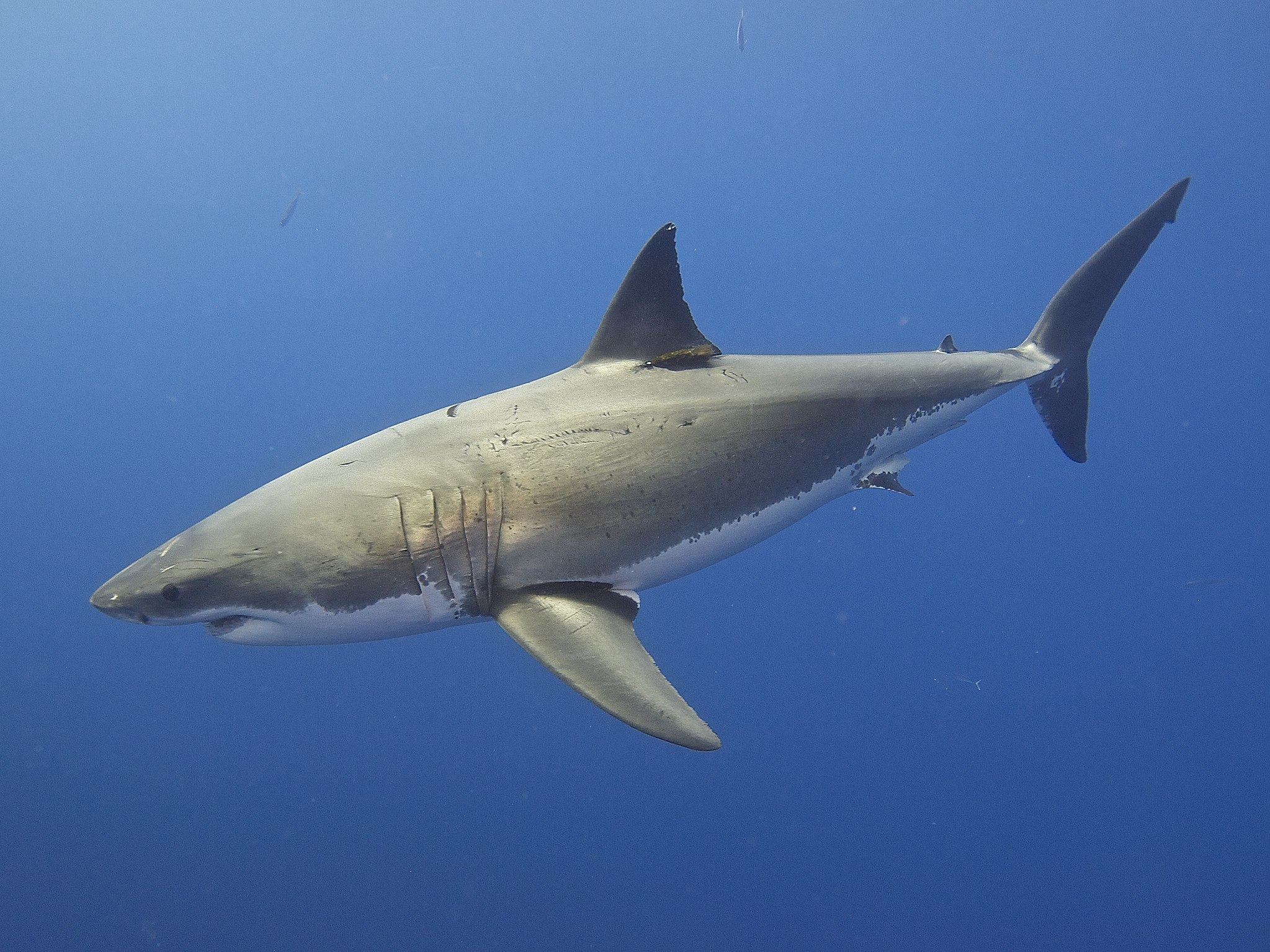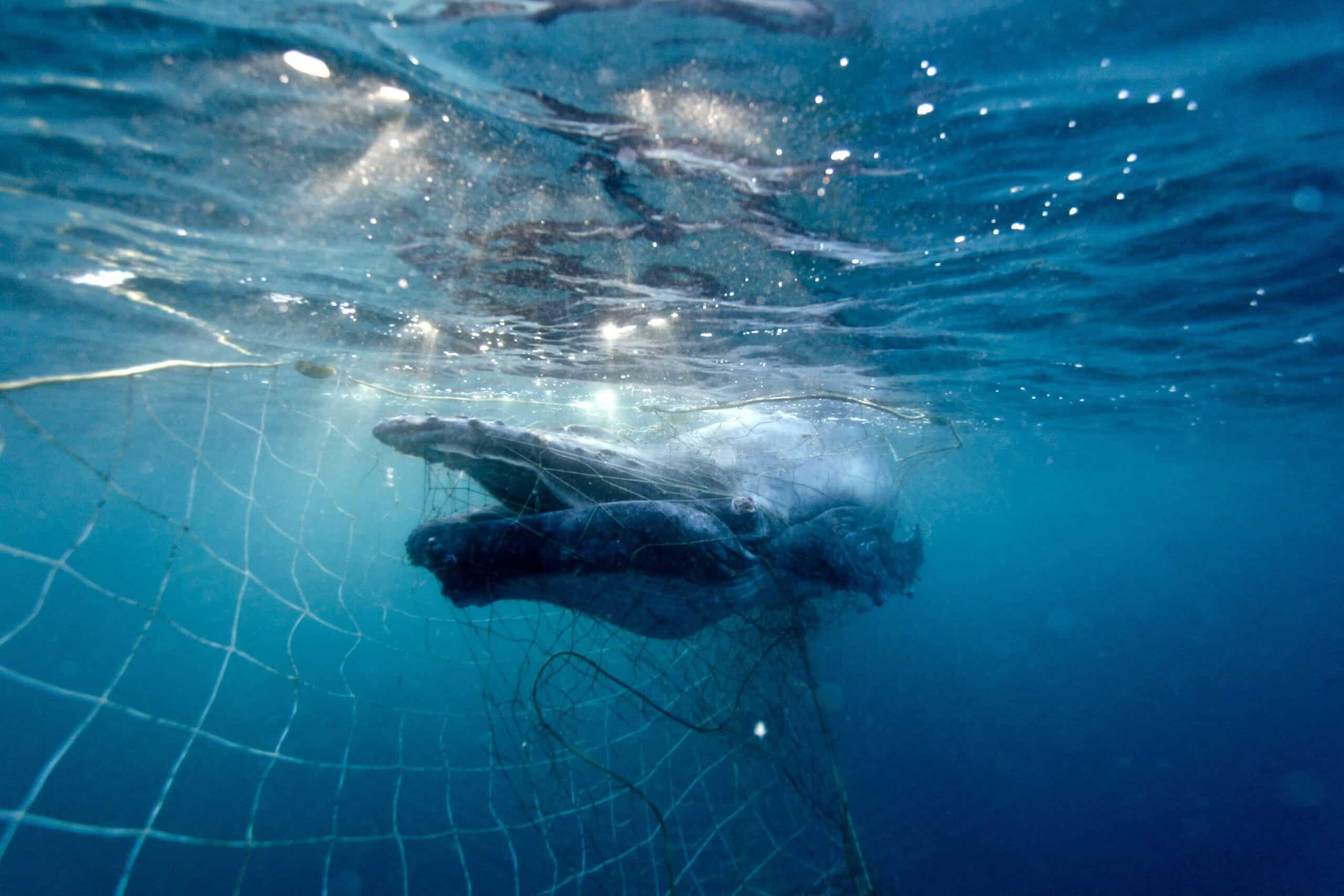Research shows that Australia’s great white sharks are highly related to each other and may consist of fewer than 500 breeding animals. SYDNEY, 24 June 2025: Latest research has found Australia’s great white shark population is much smaller than expected, increasing their vulnerability to further population threats. The population...
Humane Society International is highly concerned at reports that paramedics are being overwhelmed by calls about bats during the COVID-19 crisis. These calls are likely due to misinformation being spread about risks bats pose to people, and are potentially jeopardising response times for critical patients as frontline responders brace for an increase in serious cases.
“At a time when health services are overburdened it’s extremely irresponsible for people to be spreading blatant misinformation about the coronavirus threat bats pose to Australians. There’s no truth to these claims—they do nothing but make an already terrible situation worse,” said Humane Society International’s Head of Programs Evan Quartermain.
“Just to be clear, there are no bats in Australia that pose even the slightest threat of infecting people with COVID-19.”
The misinformation appears to have originated from viruses similar to the one that causes COVID-19 having been seen in Chinese horseshoe bats, a species not present in Australia and facing far different circumstances in wet market environments. Another contributing factor may be confusion around Australian bat lyssavirus, which is present in an extremely small proportion of flying-foxes and can only transfer to humans through direct contact.
“The negligible disease risk bats pose can increase slightly when they are stressed—as in situations where people are directly interfering with them and their habitat. Leave them alone and there is absolutely no need for concern, even if they’re right outside your window.
“These amazing fruit crop and forest pollinating animals deserve our unreserved appreciation. Bats are far, far more beneficial to humans, nature, and economies than any viral risk associated with them, and reactionary calls for culls are beyond ridiculous.”
Many of Australia’s bat species are threatened with extinction due to ongoing persecution, habitat destruction, and climate change. Any further impacts on their populations due to misinformation must be resisted to protect the wealth of ecosystem services they provide.
“If you see a bat, sit back and appreciate one of the marvels of nature – please don’t call triple zero! The only time you should be considering a call is if a bat appears to be distressed or injured, but that’s a job for local wildlife rescue groups rather than emergency services.” concluded Mr Quartermain.
For associated images click here.


